【新唐人2011年11月8日訊】近年來,中國大陸的財政收入增長快速,今年將超過10萬億元。但最近中共黨報號稱:減稅一直是主基調,增稅有限。這一說法遭到網民的砲轟。
根據財政部的數據:今年(2011年)前三季度全國財政收入8萬多億元,比去年同期增長29.5%,今年財政收入將超過10萬億元,遠高於GDP的增長速度。
各界普遍關注,為何財政收入如此快速增長?大陸的稅負到底重不重?
對此,中共中央機關報《人民日報》發表文章,轉述財政部稅政司的觀點說,今年財政收入增長較快,是因為經濟增長、物價上漲等因素。文章宣稱,近年來的稅收政策,「減稅」一直是主基調,增稅比較有限。
而最近發生在浙江湖州織裡鎮的群體抗稅事件則明確揭示:財政部的這套說辭很難讓人相信。
織裡鎮擁有1.3萬家童裝經營者,曾被命名為「中國童裝名鎮」。 2008年,當地政府開始徵收「機頭稅」,也就是按照作坊中縫紉機的數量來徵稅。起初,一臺縫紉機每年的稅款為80元,2009年翻倍成160元,2010年343元,今年(2011年)則漲到626元。同時,個體戶的營業稅也由7000元上漲到今年的1萬多元。
10月26號下午,織裡鎮稅務人員在徵稅過程中與業主發生爭執,當事業主被打傷,憤怒的人群一度聚集數千人,過程中有警車被燒燬和人員受傷。
紐約市立大學經濟學教授陳志飛對《新唐人》表示,大陸的高財政收入和稅收增長有直接關係,「機頭稅」事件說明,亂徵稅現象非常普遍,民眾非常反感。他分析指出,機頭稅並不是國際公認稅種,屬於政府的附加稅。
陳志飛:「附加稅應該是加到對社會公益有害的部門,比如:色情、香煙、賭博這種場所,這樣使公民參與的可能性減少。但是,它(織裡鎮)是給當地佔90%以上收入的產業——紡織業,增加這種機頭稅,這完全是政府濫用職權,盤剝當地民眾的一個稅收。」
《人民日報》這篇文章引來網民一片嘩然。網友駁斥:一通歪理,不高為甚麼我們感覺負擔重?也有網民感嘆:名義上稅收越減,實際繳納的越多!
早些時候,媒體曾報導,美國《福布斯》雜誌2009年推出的一份全球「稅負痛苦指數」排行榜顯示,中國大陸的「稅負痛苦指數」位居全球第二。
對此,陳志飛教授指出,中國作為一個發展中國家,賦稅水平已經和發達國家一樣,這是不合理的。
陳志飛教授:「中國基本上可能要達到4成,收入的四成是來自於稅收,一般的發展中國家,是百分之15到20。從這一點來看呢,中國的賦稅水平跟它的發展水平是不相配的,因為它是一個新興發展國家,它的賦稅水平應該更低一些。」
《人民日報》也曾撰文反駁《福布斯》的這一評比結果。 《福布斯》回應表示,《福布斯》不但考慮了表面的數據,還考慮了各國稅收是如何使用的。
陳志飛教授強調,西方國家,稅收都是「取之於民、用之於民」,稅收只是財產的再分配過程,這筆錢不會被政府或官員侵吞。
陳志飛教授:「在中國,沒有社會福利安全網,稅收在其中並沒有扮演任何角色,沒有像西方國家那樣:取之於民、用之於民。而是被中國(中共)政府用來擴大軍隊、進行它日常的黨務運作活動、是政府和這個獨裁專制政權主要的收入來源。」
網友也評論說:平心而論,我們在乎的不是稅收來源,而是強烈關注稅收的去向。如果我們的高投入,得不到相應的服務,而是用來養肥一批又一批貪官,能不關切嗎? !
新唐人記者周玉林、李謙、蕭宇採訪報導。
CCP Claims Tax-Cuts, But Raises Tax Rates
In recent years, China』s fiscal revenue has been rapidly growing.
The figure this year will exceed RMB10 trillion (US$1.57 trillion).
The official newspaper of the Chinese Communist Party (CCP)
claimed that tax-cuts have been the main reason for the growth noting that tax increases were negligible.
The CCP』s remarks were denounced by netizens.
Professionals said that heavy tax burdens are a reality in China.
The majority of the taxes the CCP collects are used
to further the CCP』s own agendas,
unlike how things are done in Western countries:
"what's taken from the people is used for the people.”
The CCP』s Finance Ministry data shows that
fiscal revenue for the first three quarters of this year is
over RMB 8 trillion (US$1.26 trillion), an increase year-on-year
of 29.5%.
Total revenue in 201l is expected to exceed RMB 10 trillion,
(US$1.57 trillion), much higher than the gross domestic product growth rate.
The news definitely drew the public』s attention.
Why did the CCP』s fiscal revenue experience such rapid growth?
Are Chinese civilians』 tax burden heavy or are they light?
The CCP official newspaper, People's Daily, responded
with a quote from the Taxation Department of the Finance Ministry,
saying that the rapid growth in revenue this year is
due to economic growth, raises of prices and other factors.
The article claimed that in recent years, “tax cuts"
were the main focus of the CCP』s tax policies, with very minimal tax increases.
A massive tax resistance protest recently broke out
in Zhili Town, Zhejiang Province,
clearly revealing that the CCP』s Ministry of Finance』s
statement is far from convincing.
Zhili Town, which has 13,000 manufacturers,
has been named, "China』s Renown Town for Children Clothing."
In 2008, local authorities began to levy a "machine head tax"
on companies, based on the number of sewing machines in a given workshop.
The tax rate started at RMB 80 (US$12.6) in 2008
then doubled to RMB 160 (US$25.2) in 2009.
In 2010, the rate was RMB 343 (US$54),
and this year, tax payments rose to RMB 626 (US$99), per head.
Meanwhile, self-employed business taxes also rose
from RMB 7,000 (US$1,100) to RMB 10,000 (US$1,570), this year.
On October 26, the tax officials of Zhili Town
had a dispute with a business owner.
The business owner was beaten and injured.
Thousands of angry people gathered to protest.
During the protest, police cars were burned and
someone was injured.
Chen Zhifei, a professor in economics at
The City University of New York, said to NTD TV that
China』s high fiscal revenue has a direct link to
the tax hikes recently.
The "machine head tax" incident showed that
the practice of randomly levying taxes is a commonplace in China, which is very offensive for Chinese citizens.
Professor Chen analyzed the "machine head tax" and said
it is not an internationally recognized tax, rather, it is classified as a surtax levied by local authorities.
Chen Zhifei: "Surtaxes should be imposed on those sectors
of society that damage or harm social welfare, such as pornography, cigarettes, gambling, and the like.
This will help deter citizens from engaging in these activities.
But the authorities of Zhili Town levied a surtax
on the local pillar industry, the textile industry, which accounts for over 90% of local revenue.
By initiating this tax, local authorities misused their power
to exploit the local population.”
The People's Daily』s article incited an uproar among netizens.
One netizen responded: “A bunch of pettifoggers.
If you say our tax burden is not too high,
than why do we feel it is such a heavy burden?
Another netizen sighed: “The more nominal the tax-cut,
the more tax payments we actually pay! ”
Back to earlier reports, the U.S. magazine, Forbes, released
a global Tax Misery Index in 2009. China ranked second.
Professor Chen pointed out that as a developing country,
China』s taxation level has matched that of developed countries, which is unreasonable.
Professor Chen Zhifei: "Basically, it is expected that
40% of China』s fiscal revenue comes from taxes.
In general, the figure of a developing country is 15%-20%.
That is to say, China』s taxation does not match its level of development.
As an emerging country,
its level of taxation should be lower."
People's Daily refuted Forbes』 index ranking.
Forbes responded by saying that the index not only
took into account raw fiscal data, but also considered the domestic taxes of each country.
Chen Zhifei stressed that Western countries』 tax levy
follows, "what's taken from the people is used for the people.”
Tax collection amounts to property redistribution,
thus these funds cannot be embezzled by the government or officials.
Professor Chen Zhifei: "In China, no social welfare system
has been established, so taxes do not contribute to that end.
There』s no practice in China similar to Western countries』
a practice that "what's taken from the people is used for the people.”
Instead, taxes was used by the CCP regime
to expand its military and to carry out routine Party activities.
Taxes become the main source of revenue
for the CCP regime.”
A netizen commented: “To be honest, what we care about
is not who collects the taxes, but where the taxes are going.
If our taxes do not enhance society with new and
better services,
but instead enrich a bunch of corrupt officials,
how could we not show our concern?!”
NTD reporters Zhou Yulin, Li Qian and Xiao Yu
看下一集
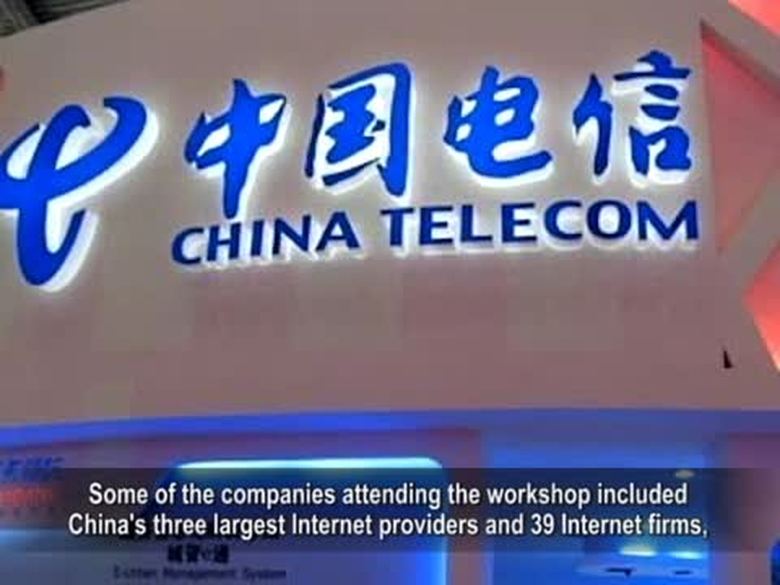
【禁聞】中共辦班控網路 網絡公司擔保
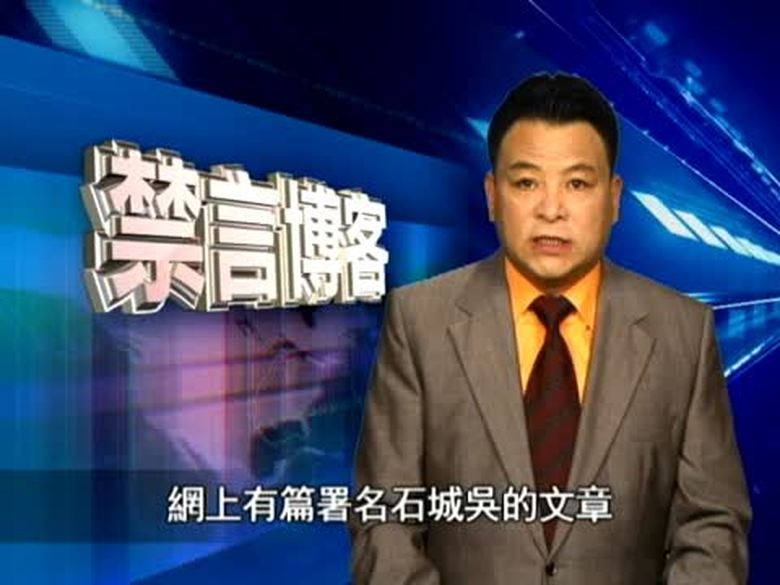
【禁聞博客】官場十問折射出甚麼?
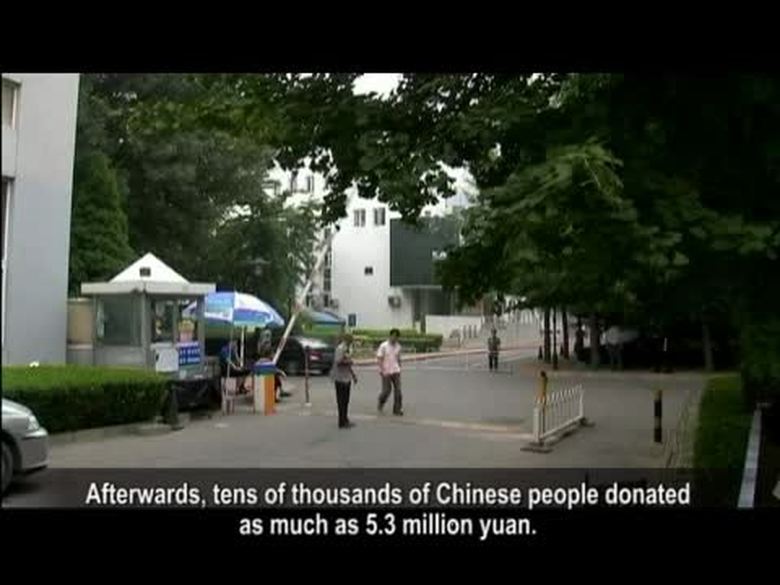
【禁聞】借錢給艾嬸近530萬 官民反映兩重天
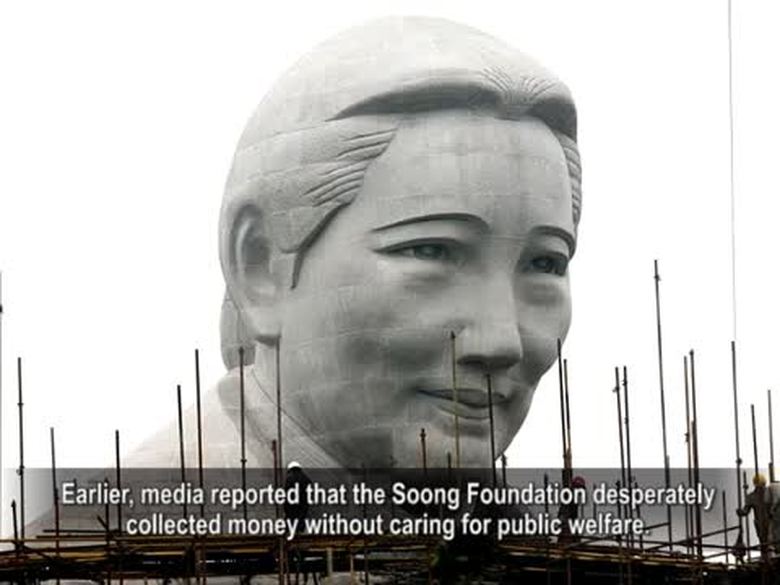
【禁聞】河南宋基會花善款建宋慶齡像?
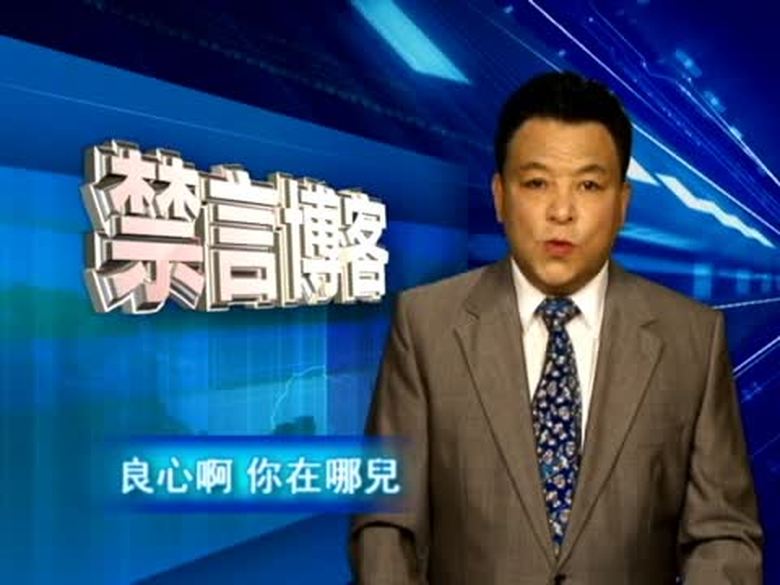
【禁言博客】良心啊,你在哪兒?
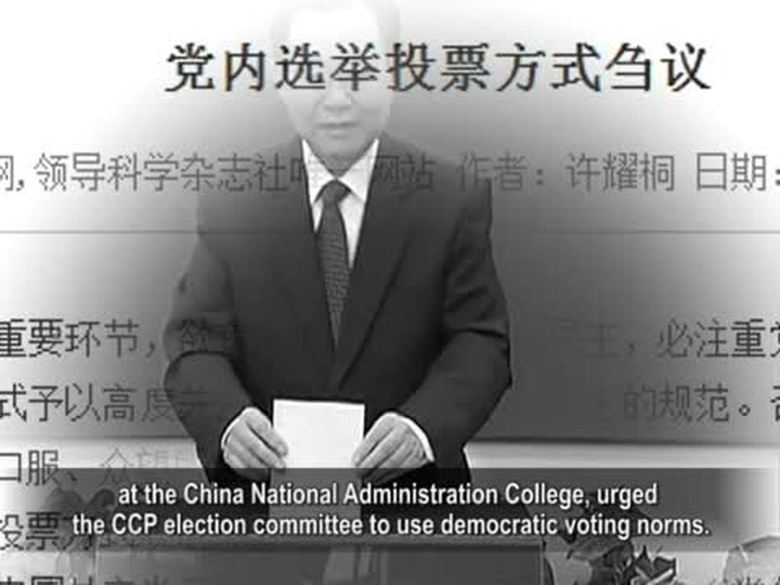
【禁聞】選舉“潛規則” 學者:強迫投票
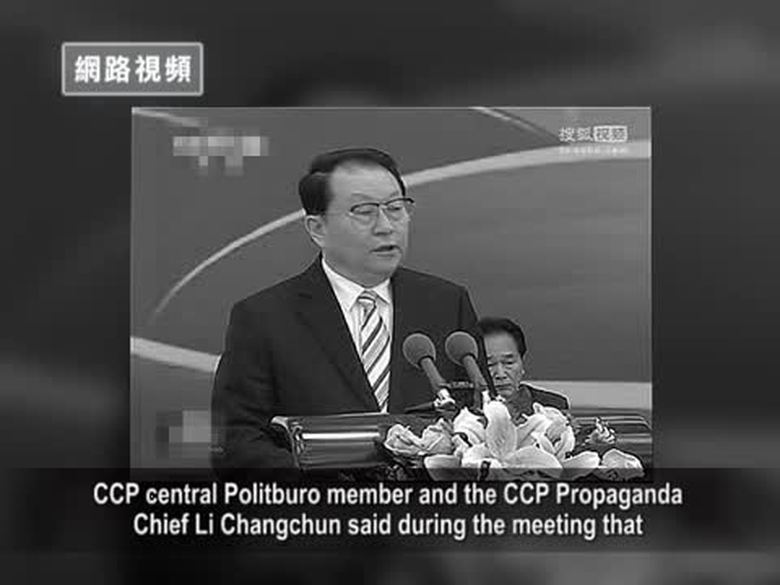
【禁聞】新華社建社80年 學者指沒有未來
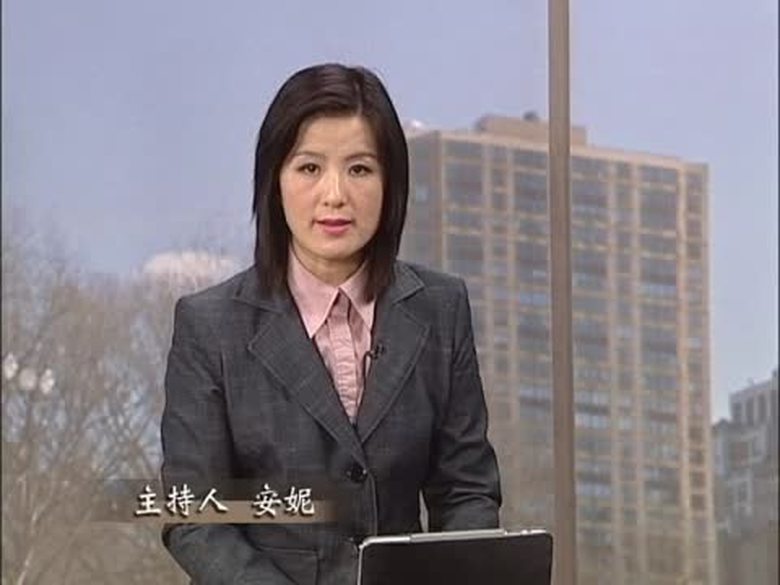
【禁聞論壇】一份非官方貪腐報告

【禁聞】北京虧 深圳怕 房產中介關店過冬

【禁聞】上海中學生賣淫 誰該反省﹖

【禁聞】藏僧自焚凸顯中共文化滅絕政策

【禁聞】法院代官方拒絕六四難屬索賠申訴

【禁聞】肥美大閘蟹 真假難辨別

【禁聞】艾未未:想了解祖國就“犯罪”

【禁聞】中國山寨電子產品進入美軍供應鏈

【禁聞】北京人大選舉 民間政治改革呼聲大








